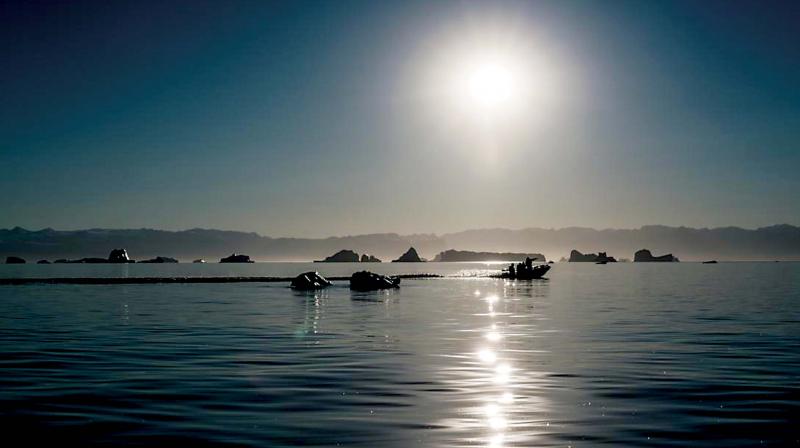Bengaluru: Climate change impacts water
Civilizations emerged on the banks of rivers and water-related activities were the source of livelihoods for back then.

BENGALURU: The alarming rate of climate change calls for attention to water consumption. Water scarcity and inaccessibility to potable water have been resonating across the world.
To address the global concern, the Divecha Centre for Climate Change at IISc, is holding a three-day international conference – ‘Towards a Sustainable Water Future’. Challenges to Global water resources, future pathways and scenarios, and exploring myriad technological solutions to accelerate implementation of water-related sustainable development goals is the focus of the conference.
“Water has seen the most visible impact of climate change. Since I sit in the Parliament, I have been observing that over 266 members have raised the issue of water scarcity and drinking water. This was not a one day issue. Discussions about water-related issues have been held in Parliament. Irrespective of differences, this is an issue that has been addressed by all the members in parliament, in unison,” said Mr Rajiv Pratap Rudy, MP and former Union Minister.
Advocating the need for incentivising activities that strengthen environmental friendly agricultural development, sustainable bias and bringing end-to-end solutions, Prof. Olcay Unver, Vice Chair, UN-Water, Geneva, Switzerland said, “Better Understanding, Care Better and Take Action is the key to work towards attaining part six of sustainable development goals (SDG). We must address the issue now, otherwise we might undermine SDG. Governments should create multi-statal partnerships that strengthen regional integration for ensuring that SDG targets are met.”
Drawing the need for attention from political communities, P.D. Rai, former MP of Sikkim, said, “Water is not just science. Water is a social problem which should be addressed across communities. If it is a social problem, it is also a political problem. Equity, cultural, ethical and rights based water laws should be introduced. For this, every politician should adopt sustainability as an ideology. To narrow the gap between political concern and scientific solutions, we should now march towards digital water management.”
Civilizations emerged on the banks of rivers and water-related activities were the source of livelihoods for back then. Unfortunately now the rise in contamination of water bodies has proved that civilizations have turned their back to water bodies.
The three-day conference, concluding on Thursday will address the role of scientific community to interact with the international policy consultation process to inform and catalyze action by key actors. Water-Energy-Food Nexus Governance, Urban Flood Risk and Adaptation, Water and Climate Change Assessment: Himalayas, Sustaining water resources, etc. are among the list of themes lined up for discussion.

